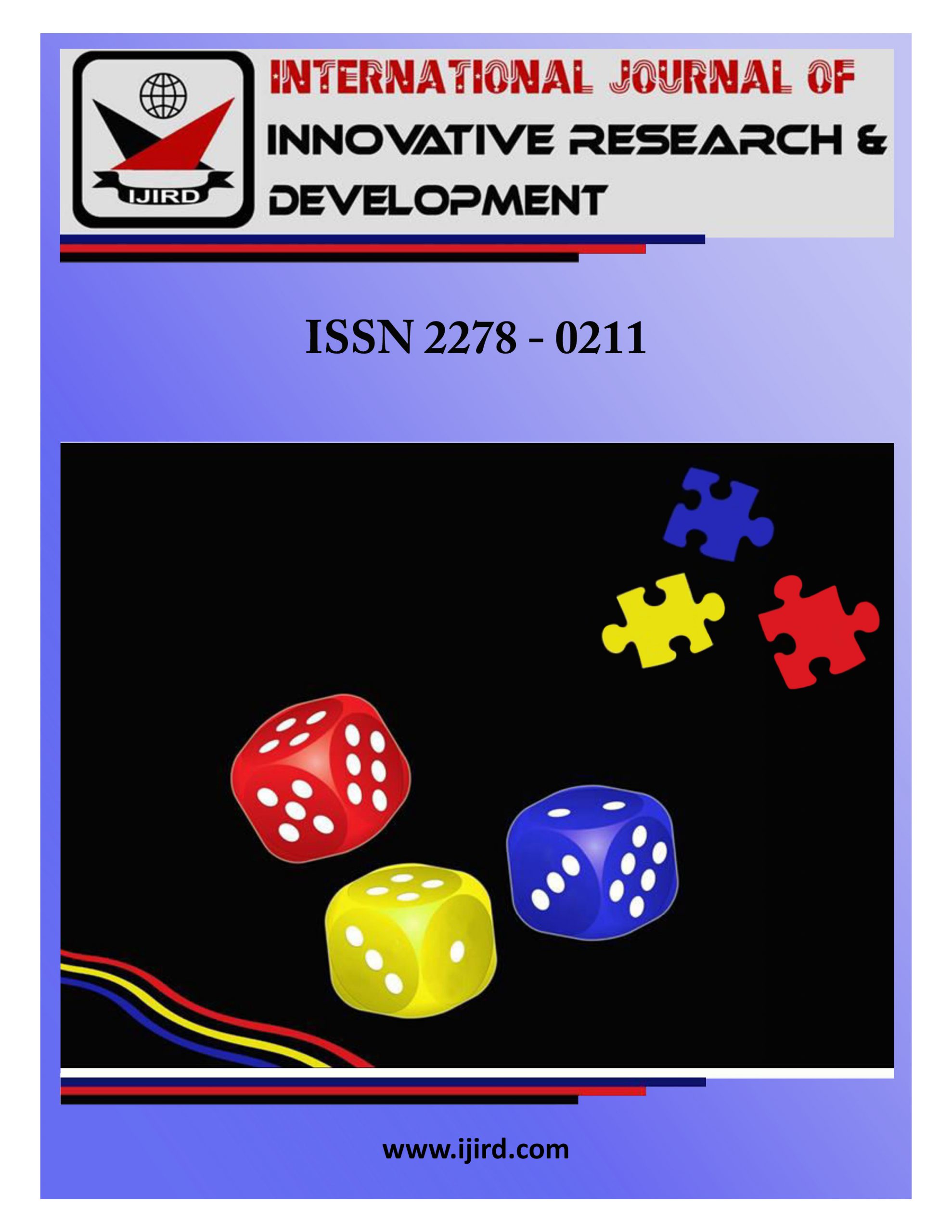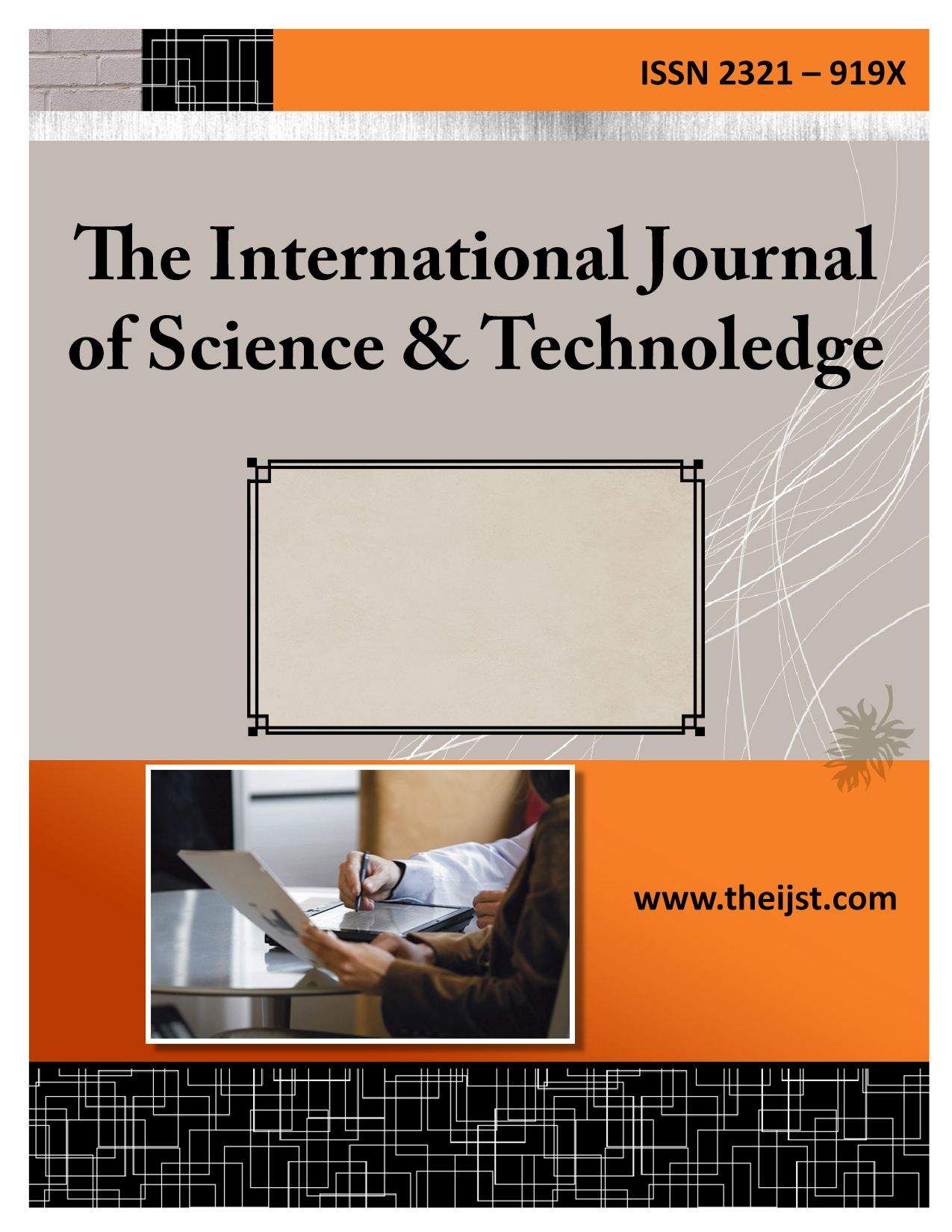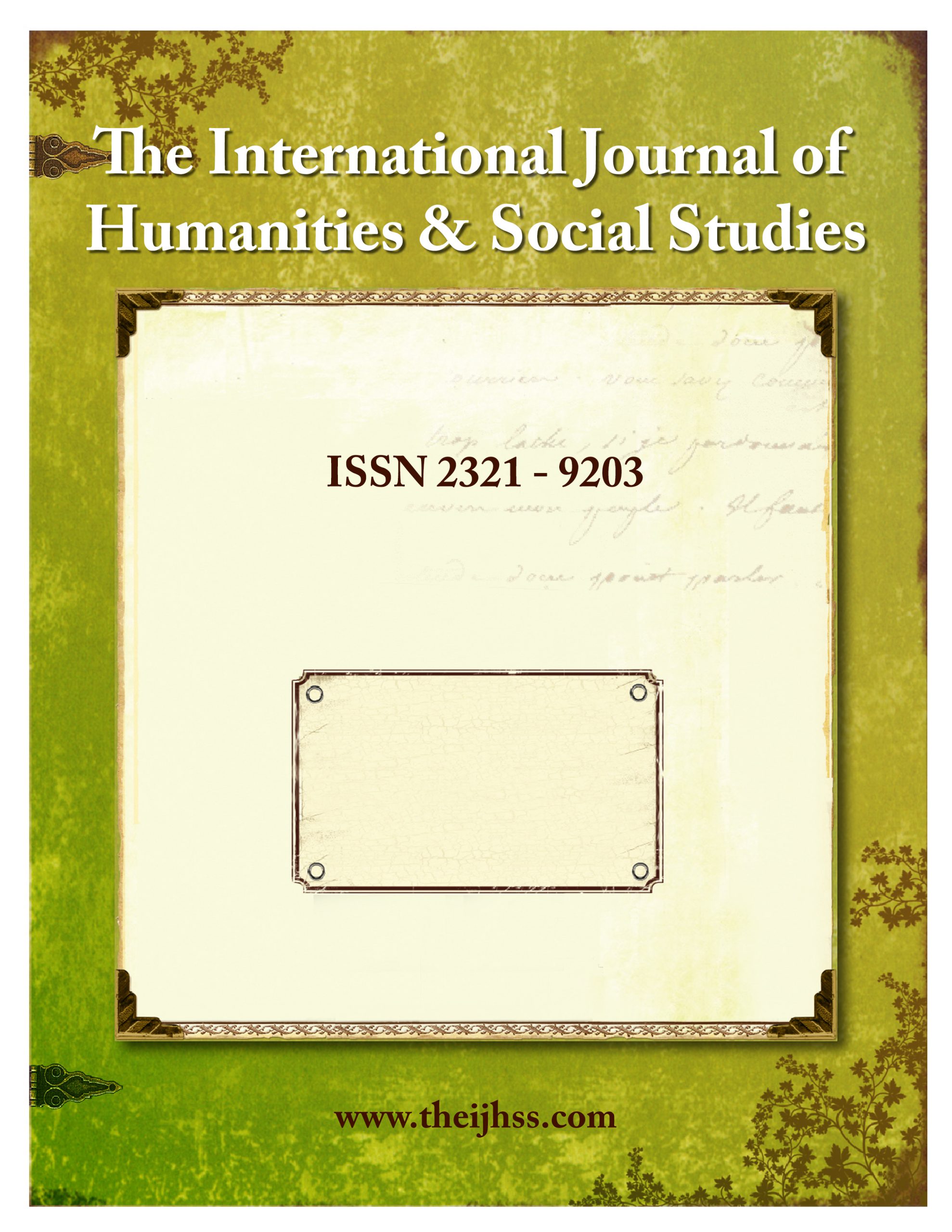Mental health in academia is receiving significant attention in the recent years, while earlier no proper investigation was involved in this subject. Academicians have one of the most stressful professions, where on-field works are substantive, research data, their analysis and interpretation require tremendous amount of mental involvement. Additionally, securing a good position as a researcher is a challenge in this field, while the reward is not always very lucrative. Therefore, keeping up the self-motivation for journal call for paper, through this rat race, is a continuing process, which can be extremely challenging at times. In short, to do good research for the benefit of the world, we have to stay sane and happy ourselves.
There are several reasons why researchers and academicians can suffer from mental disproportions, and here are 8 reasons why understanding mental health is of utmost importance to academia:
Pressure of Publishing– There is a tremendous pressure on researchers to publish papers. This can be for sharing knowledge, improving citations and drawing funding for their project. As a result, academicians and researchers have to produce quality work constantly, and be prepared for publications. They also have to look out for authentic journals with good impact factor, in order to publish regularly and frequently. This is not easy. It can be extremely stressful to produce multiple papers regularly; focus on a single project can be dissected between multiple writing projects. Keeping calm is the key, and maintaining a balance in the mind is required, which further can help in organizing these works.
Peer-Review Process and Rejections– In this hyper-competitive environment, researchers often are pressurized with cut-throat peer-review qualities in renowned journals. There is a constant pressure from supervisors and organizations to publish, but if the work is not good enough, authors have to face multiple rejections. This also causes delay in the publication process which might require to be done within a time frame, for the project to be successful. Handling such disappointments with a smiling face can be a real challenge for any professional, and academicians are no different.
High Publication Charges– Open access is a new medium of publication in the current academic world. Peer review still happens, but authors are allowed easier pathways to the publication process. Renowned journals have also opened their open-access media to ensure better circulation of knowledge, better readership and citations for the authors, because more readers mean more visibility for the authors. But the charges for open-accessare huge and can cost upto several thousand dollars. Researchers often struggle financially; additionally if they have to bear such huge costs for the progression of their career, it can be really damaging for the self-esteem. Arranging resources for such publication while staying relaxed and motivated is a must, and knowing the mind is hence required.
Predatory Publishers– It is easy to get caught up in the web of predatory publishers who are out there to grab your money and not circulate your work properly. They might offer cheaper rates for open-access publishing and it is difficult for a researcher to stay away from such offers. Everyday, multiple journal call for paper appear in your email, but a thorough background check for every journal that you even consider, is necessary. Every bit of the process is additional work for an academician, because they have to do these things beyond their regular fieldwork, data collection, teaching, seminars and late-night writing sessions. The feeling of being betrayed or cheated, the anxiety of being trapped can be overwhelming at times.
Changes in Social and Family Relations– Entering the academic world can change the dimensions of your social and family life. You might at times, feel distanced from your friends, who would be mostly in the corporate sectors earning much higher than you with investment of lesser time. You on the other hand, could be engaged all the time, because you are committed to the findings, the research. You might not be able to attend functions and gatherings all the time, like others do. You might have to stay awake many nights finishing your research paper, family might crave for time but you won’t be able to give it. At this moment, frustration can creep in, but you need to convince yourself to maintain the commitment. An understanding of mental health is crucial for maintaining a good work-life balance.
Changes in the Environment and Culture– Academia can be a life-changing experience for some. Your daily culture and lifestyle might also be impacted. So far, so long, you could have been a simple person with a casual easy-going outlook and misdemeanor, but in the academic world, you might be interacting with high-end professors, researchers, scientists or even Nobel laureates. You might have to associate with elite sections of the society in seminars, some of whom might be privileged, or just a part of a different world than you. Maintaining appropriate communication with each person you meet on the way is important as it can affect your career positively or negatively. Adjusting to the new environment can also be overwhelming, but the key is to believe in yourself, keep up the confidence.
Preparing for Life after Graduation– Someone who is in academia because of completing a graduate or doctorate degree, has to think about his prospects after graduation too. What kind of jobs can be beneficial; which opportunities should be looked upon etc. have to be considered. A decision on future needs to be taken. For e.g., whether one wants to be teaching and supervising others, or opt for a high-end job is something to be decided upon for a student or researcher, who is soon graduating. It can be confusing, debilitating and distracting while you only want to focus on journal call for paper, but future decisions have to be considered seriously if you have to get a value for your academics.
Social Pressures and Expectations– Social expectations, both financial and emotional can be difficult to handle. While most people of your age will be earning for themselves and their family, you would be still studying. People might judge you, question your ability and mock you for your decisions. But be comfortable with what you are, believe in yourself and carry on.










